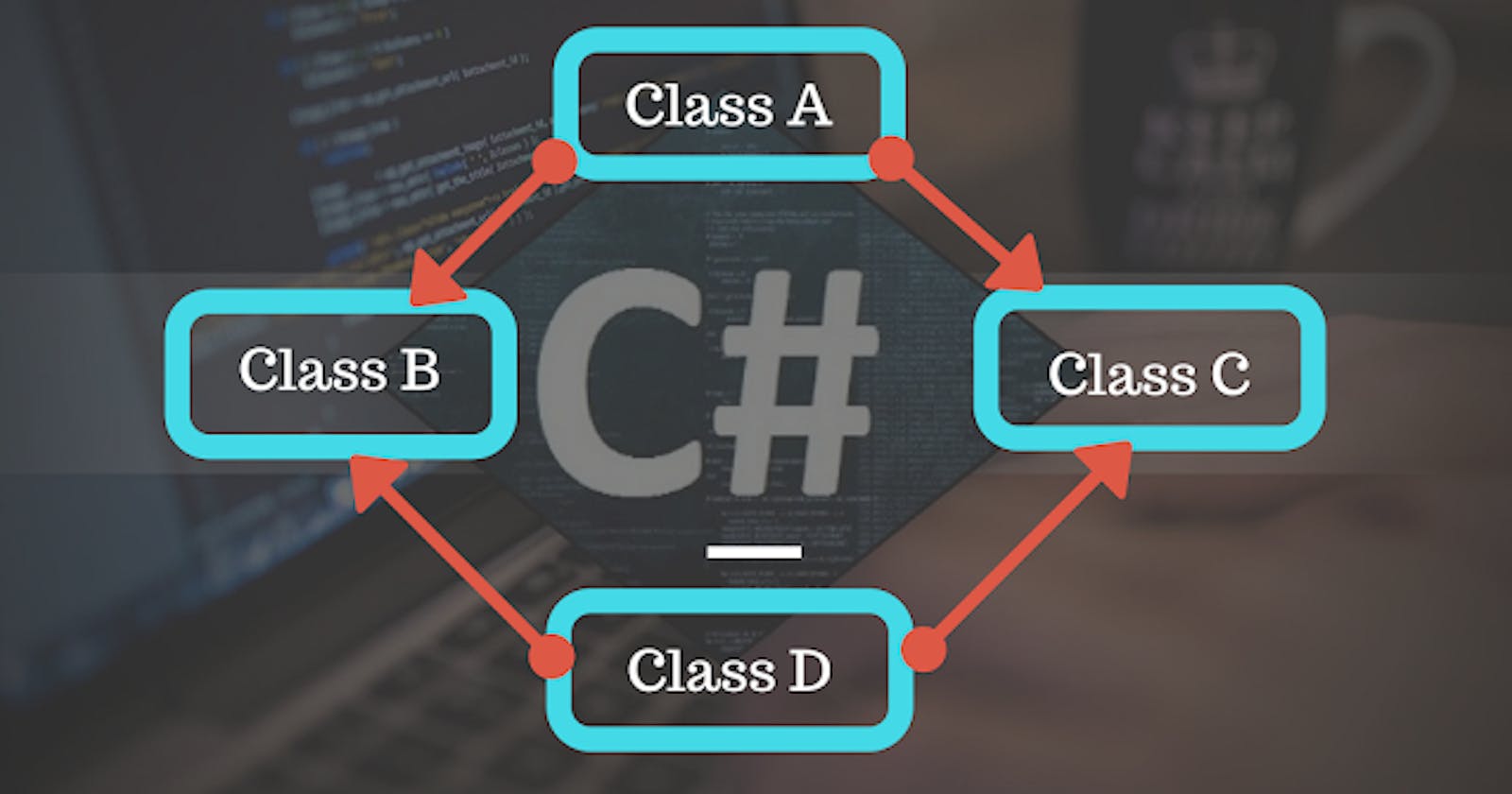Object-oriented programming (OOP) is a powerful paradigm that allows developers to create complex software systems by organizing code into classes and leveraging inheritance. While inheritance is a valuable tool, it can also introduce challenges, one of which is the "Diamond Problem." This problem can lead to ambiguity and complexity in code, making it harder to maintain and understand. In this blog post, we'll explore what the Diamond Problem is and how C# effectively avoids it.
What Is the Diamond Problem?
The Diamond Problem is a common issue encountered in programming languages that support multiple inheritance of classes. Multiple inheritance allows a class to inherit attributes and behaviors from more than one parent class. This can be a significant advantage, as it promotes code reuse and flexibility.
However, the problem arises when a class inherits from two or more classes that share a common base class. Consider the following diagram:
A
/ \
B C
\ /
D
In this diagram, classes B and C inherit from class A, and class D inherits from both B and C. This creates ambiguity when trying to access a method or attribute of class A from class D. Which implementation of the method should be used, the one from B or C?
C# and Single Inheritance
C# is a popular object-oriented programming language used for a wide range of applications. Unlike some other languages like C++ that support multiple inheritance of classes, C# takes a different approach. C# uses single inheritance for classes, meaning that a class can inherit from only one parent class. This design decision was made to avoid the Diamond Problem and the associated complexity and ambiguity it introduces.
Here's a simple example in C# to illustrate this:
class A
{
public void MethodA()
{
Console.WriteLine("MethodA in class A");
}
}
class B : A
{
public void MethodB()
{
Console.WriteLine("MethodB in class B");
}
}
class C : A
{
public void MethodC()
{
Console.WriteLine("MethodC in class C");
}
}
class D : B // C# enforces single inheritance
{
public void MethodD()
{
Console.WriteLine("MethodD in class D");
}
}
In this example, D inherits from B, which, in turn, inherits from A. There's no ambiguity, as D only has one path to A through class B. Therefore, there's no Diamond Problem to contend with.
Interfaces in C# for Multiple Inheritance
While C# restricts multiple inheritance of classes to prevent the Diamond Problem, it does allow multiple inheritance of interfaces. An interface in C# defines methods and properties without providing any implementation. A class can implement multiple interfaces without running into the issues associated with multiple inheritance of classes.
Here's a brief example:
interface IA
{
void MethodA();
}
interface IB
{
void MethodB();
}
class MyClass : IA, IB
{
public void MethodA()
{
Console.WriteLine("MethodA implementation in MyClass");
}
public void MethodB()
{
Console.WriteLine("MethodB implementation in MyClass");
}
}
In this example, MyClass implements both IA and IB interfaces, providing concrete implementations for their methods. This allows for multiple inheritance without the complexities of multiple inheritance of classes.
Conclusion
The Diamond Problem is a well-known challenge in programming languages that support multiple inheritance of classes. C#, by adopting single inheritance for classes and allowing multiple inheritance of interfaces, successfully mitigates this problem. This design choice enhances code clarity, maintainability, and predictability, making C# an excellent choice for building robust and manageable software systems.
References:
https://www.programmingwithshri.com/2018/09/what-is-diamond-problem-in-c.html
https://stackoverflow.com/questions/12139772/how-do-interfaces-solve-the-diamond-problem
